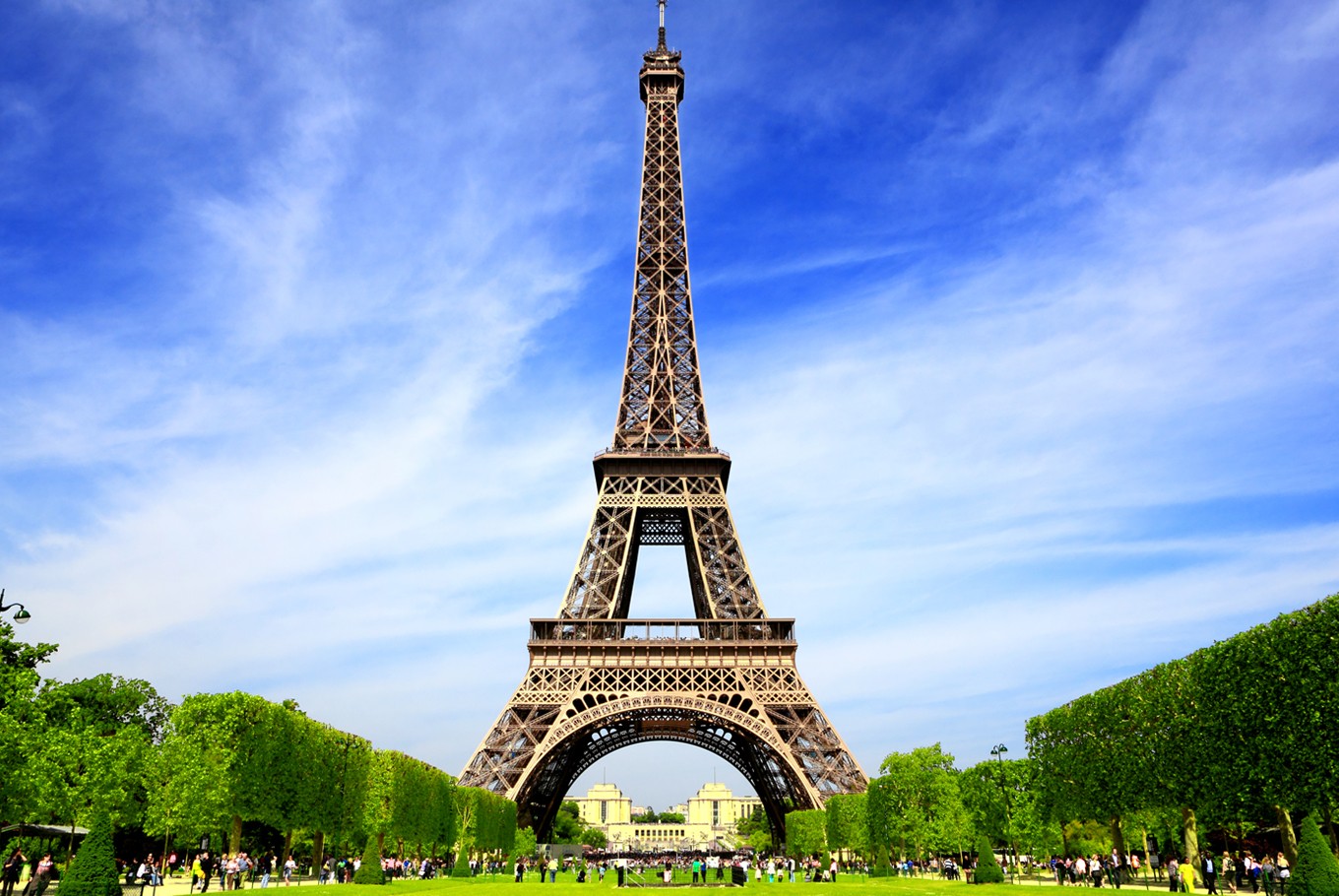Why it’s actually illegal to take pictures of Eiffel Tower at night (original) (raw)
It turns out that documenting and sharing what the Eiffel Tower looks like at night is illegal.
 Gustave Eiffel, who owned the copyright for the tower, died in 1923. This means that the copyright lapsed in 1993, after which the likeness and design of the tower entered the public domain. (Shutterstock/File)
Gustave Eiffel, who owned the copyright for the tower, died in 1923. This means that the copyright lapsed in 1993, after which the likeness and design of the tower entered the public domain. (Shutterstock/File)
I
f you’ve ever browsed through tourist guides on France, you might’ve wondered why you can almost never find photos or videos of the Eiffel Tower taken at night. It turns out that documenting and sharing what the Eiffel Tower looks like at night is illegal.
The reason behind this is French copyright law, which gives the original creator of an object exclusive rights to its sale and distribution for as long as they live, plus some number of years.
In Pakistan, copyright law holds 50 years after the creator has passed away. In Jamaica, this period is 95 years, while in member countries of the European Union, it is 70 years.
For the purposes of copyright, buildings are classified as artistic works. As of 2016, in France, anyone is allowed to take photos and videos of copyrighted buildings for personal use, but not commercial use.
Read also: Eiffel Tower turns into thrill-seeking ride at 90km an hour
Wondering why you can take photos of the Eiffel Tower in the day time but not at night? Gustave Eiffel, who had purchased the copyright for the tower, died in 1923. This means that the copyright lapsed in 1993, after which the likeness and design of the tower entered the public domain.
However, the lights on the Eiffel Tower were only installed by Pierre Bideau in 1985. Since they are considered an artistic work and are thus well within the copyright term at the moment, any photo or video taken when the lights are visible—that is, at night when they are switched on—is a violation of copyright law.
According to Snopes, anything shared on social media platforms also counts as distribution—and this is where unknowing tourists can get into trouble.
It is interesting to note that the copyright of the tower has never been enforced in court, but as is often said, there’s a first time for everything! (afr/kes)